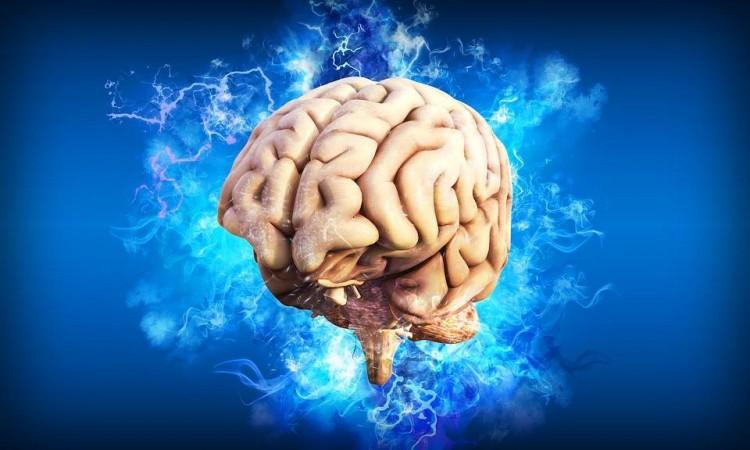Among debilitating conditions that affect the quality of life, dementia is one of the worst. It leads to a gradual decline in cognitive abilities and is accompanied by several symptoms, with agitation being an important one. Now, scientists suggest that a common antidepressant used to treat agitation in dementia patients is no more effective than a placebo in managing the symptom.
According to a new study, mirtazapine—an antidepressant used to treat agitation in individuals with dementia—offered no more benefit than a placebo did. In fact, it may increase mortality rates among the treated patients than those who received no intervention at all, the research suggested. The findings were published in the journal The Lancet.
"This study has added important information to the evidence base, and we look forward to investigating further treatments that may help to improve people's quality of life," said Dr. Sube Banerjee, lead author of the study, in a statement.
A Debilitating Condition

Dementia is an irreversible and progressive decline in memory, thinking, and ability to perform simple daily tasks. Alzheimer's disease is the most common cause behind the onset of the condition, affecting around 60 to 70 percent of patients. According to the World Health Organization (WHO), around 50 million people across the world suffer from dementia.
The condition can also affect orientation, calculation, language, judgment, learning capacity, and comprehension in the affected individual. One of the first signs of the severity of the syndrome is gradual incapacitation of activities such as being able to navigate or being unable to remember names, routes, and other rudimentary information.
One of the most common symptoms of dementia is agitation. It involves verbal and physical aggression. "Dementia affects 46 million people worldwide – a figure set to double over the next 20 years. Poor life quality is driven by problems like agitation and we need to find ways to help those affected," stated Dr. Banerjee.
Turning to An Antidepressant

The first or initial intervention mostly involves patient-centered care that does not rely on drugs. However, when this approach does not yield beneficial results, doctors may switch to an alternative that is drug-based. Sadly, antipsychotics have been found to raise death rates among those with dementia, along with other undesirable outcomes. Hence, mirtazapine is regularly described.
Mirtazapine is mostly used to treat depression, and occasionally obsessive-compulsive disorder (OCD) and anxiety disorders. It is an oral drug and is sold as brand-name drugs and generic drugs. The effects of mirtazapine may take one to four weeks to be noticeable. Through the current study, the researchers aimed to evaluate its effectiveness in treating dementia.
No Difference in Agitation
![[Representational image] Stress](https://data1.ibtimes.co.in/en/full/632689/stress.jpg?h=450&l=50&t=40)
For the study, the authors enrolled 204 participants with possible or probable Alzheimer's disease from 20 sites across the UK between 26 January 2017 and 6 March 2020. Half of them were assigned to the group receiving mirtazapine while the other half was allocated to the group that was administered a placebo. The trial was double-blind (i.e) neither the research team nor the study recruitees knew what they were taking.
The findings revealed that after 12 weeks, the agitation in the mirtazapine group was no lesser than what it was in the control group. In fact, there were more deaths within the mirtazapine group (seven) than in the control group (one) by week 16. The analysis indicated that this was of marginal statistical significance.
Dr. Banerjee explained that while the results of the research were astonishing they were also important. "This study shows that a common way of managing symptoms is not helpful – and could even be detrimental. It's really important that these results are taken into account and mirtazapine is no longer used to treat agitation in people with dementia," he illustrated.











